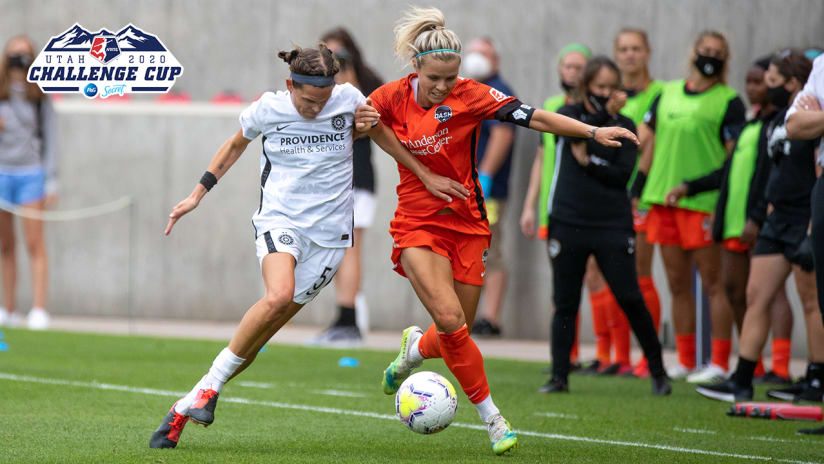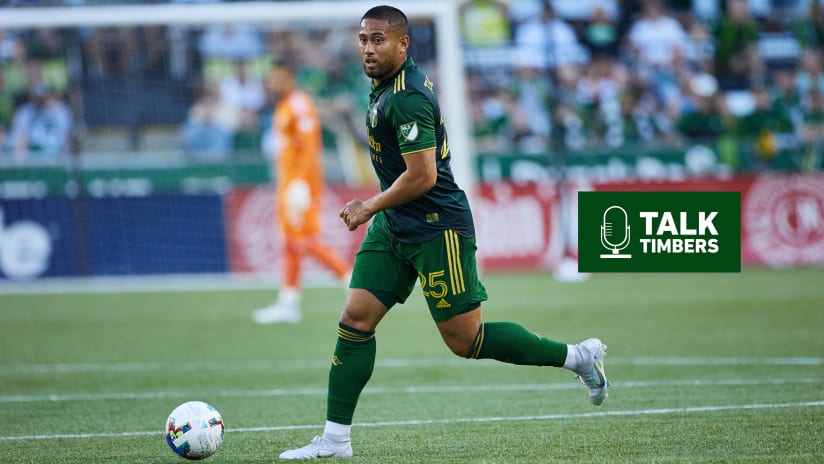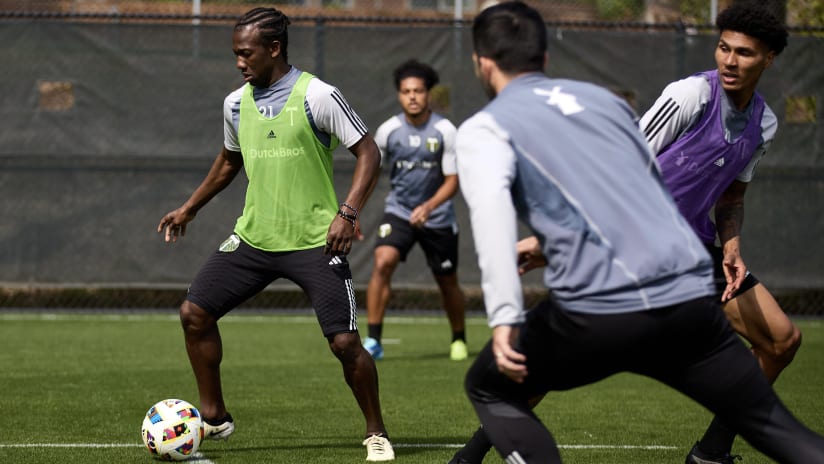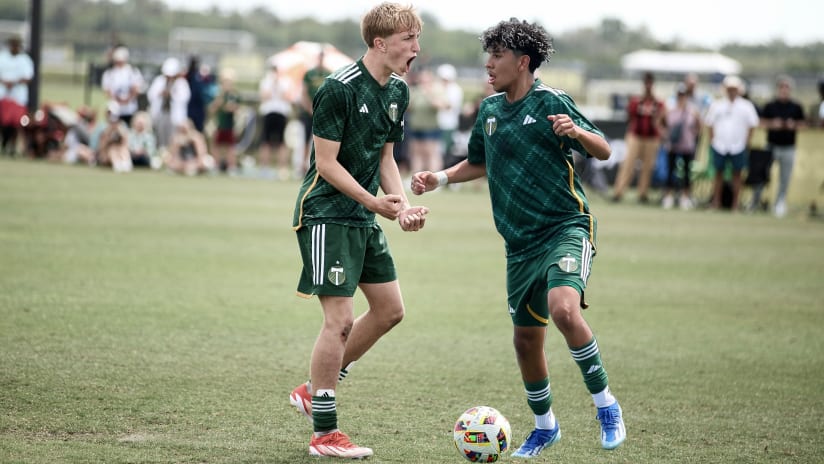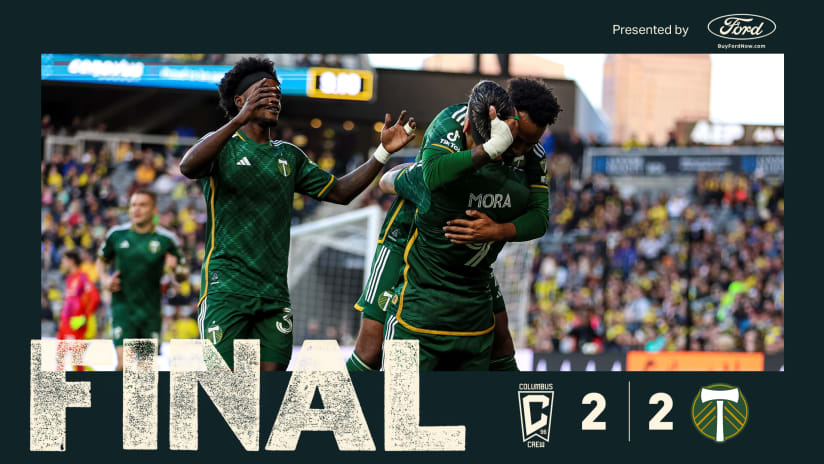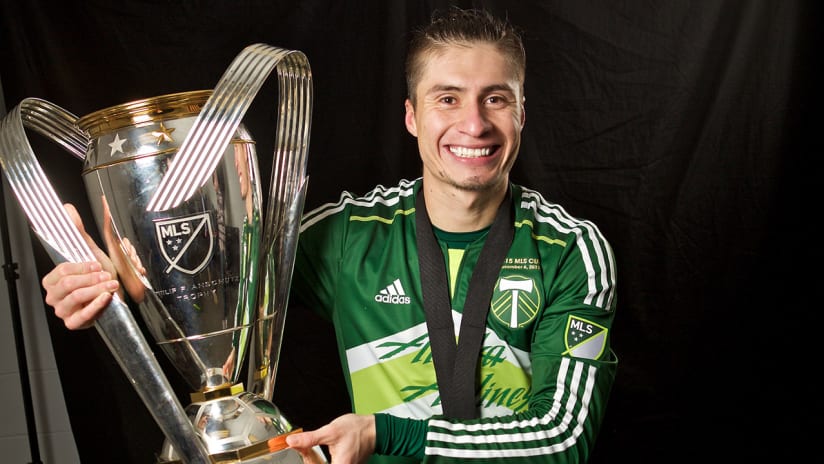The farther Portland Thorns FC have gone in the NWSL Challenge Cup presented by P&G and Secret, the more we’ve been able to enjoy the tournament for what it is. As random, one-off results have accumulated in this random, one-off tournament, it’s become easier to appreciate games that don’t have much context, and final scores which aren’t verdicts on a team’s present or future. A win can just be fun. And cool. And exciting and visceral, just as a loss can just be disappointing. Defeat doesn’t have to mean anything, going forward.
I wrote that paragraph before the Thorns’ Challenge Cup semifinal against the Houston Dash, mostly because I thought it was clever. But I also wanted to commit before the game started. As I write now, it’s still 60 minutes before kickoff, and likely four hours before these words reach the world. This is the perspective we should have on any result today, though within that idea, it remains true: Perspective can be the enemy of emotion. It can run in partnership with the future, holding true as a story evolves, but in time, it can also fall behind, and eventually be left forgotten.
Now that the final whistle has gone, we know that the Thorns’ 1-0 loss to the Dash was disappointing. Four days after knocking the North Carolina Courage out, the end feels abrupt. But it doesn’t feel monumental, or definitional. It barely feels like a defeat. It feels more like the reality of tournament soccer – the reality of a tournament where one goal has almost always been enough. In its winner and its loser, as well as how the game played out, the result felt like the Challenge Cup.
“I think we’re going to leave disappointed, for sure,” Thorns defender Emily Menges said, speaking to the players’ point of view. “I don’t think we reached the best version of ourselves. But there were definitely some positives, so I think we have a good launching point for whatever comes next.”
Consider how the game played out. Portland had most of the game’s possession, controlling play for an estimated 61.8 percent of the time. As is head coach Mark Parsons’ approach, the Thorns were selective in their shots, eventually taking only 10 to Houston’s 12, but the teams combined for only seven attempts on target. Four went to Houston. Three went to the Thorns.
It’s easy to see that one difference as the shot that went in for Houston. Even with Rachel Daly’s game-winner, there were thin margins. Portland goalkeeper Britt Eckerstrom pushed a shot onto the crossbar. The ball fell to a Dash attacker. The putback found a lane past a defender who was standing on the goal line. The difference in the game was a combination of pressure, fortune, and execution.
“You hate those kind of goals,” Menges said, “because you can be in the right position, marking your player, and it just takes an unlucky bounce for us.”
If the difference between the teams had a coin-flip feel, then it fell in with the game before. And the game before. And the game before. Every match in Utah could have gone either way, rendering less value than usual in the final scorers. With the strange context of the Challenge Cup, progress and process was always going to be most important, but in the absence of decisive scores, it’s all the team has to go on.
There was no better between Houston and Portland. Houston did more to go through, just as Portland did enough to move past the Courage. But in terms of which team is better situated going forward – for when the world returns to normal – both teams can be happy with their performance.
“Based on our previous performances, we definitely know we deserve to be in the final,” defender Kelli Hubly said, when asked if she saw the team’s tournament performance as a success. “Obviously, today we didn’t play to our potential [against Houston]. It definitely really stings and hurts.”
Portland can assuage their hurt with the way their defense performed. Hubly was a huge part, with the team only conceding 0.43 goals per 90 minutes while she was on the field in Utah. Goalkeepers Bella Bixby and Britt Eckerstrom had command performances. Emily Menges and Meghan Klingenberg reaffirmed their places as part of the Thorns’ core.
The midfield gave reason to think the theory behind their makeup can be translated into practice. The pairing of Lindsey Horan and Rocky Rodríguez was foundational as tandem eights. Angela Salem’s return from 2019’s knee injury showed she may have years left in her career. In her ability to accelerate into space between lines, Christine Sinclair showed she’s still capable of linking the attack in midfield.
The questions that will linger are in attack, but that’s also where, going forward, the team might have the most logical solutions. Morgan Weaver played her first six games as a professional. The first pick in January’s draft, Sophia Smith, was never able to take the field. Tobin Heath was not with the team during the tournament while the high-profile, European signing the Thorns had lined up wasn’t able to be completed in our COVID-19 world. All those realities hampered the team in Utah but provide reasons for hope going forward.
The biggest question that lingers comes down to approach. The team didn’t score enough goals. Three in six games is not close to enough. But three in six games is another artifact of Challenge Cup’s strange moment. Scoring has been down with almost all teams, across the board. To the extent Portland’s problems are unique, they may reflect a combination of 2019’s scoring woes (something Parsons alluded to and explained postgame) and the realities of an aberrational tournament.
“We were very short-term, outcome-based, and we got into a good position, but that’s not how to be effective medium- or long-term …,” Parsons said, referencing 2019’s World-Cup-year approach. “We stepped away from the most important values of who I am and what this team is about, and that’s about being a team, team first, and representing ourselves and our community, our fans, our front office and our players.”
That’s the reset the Thorns wanted, one that led to an offseason makeover; one that meant every solution came with an accompanying question. So now, with the Thorns in transition back to Portland, the evaluation seems clear: Does the team had as many unanswered questions now as they did a month ago? If that answer is “No,” Portland probably had a successful tournament.
“The next step is exactly the same as if we had won this game: reflect, review,” Parsons said. “We have to be objective in that review, and we have to be honest with ourselves. The outcome isn’t going to drive and define our success. It’s what we do, how we do it. We can absolutely grow.”

